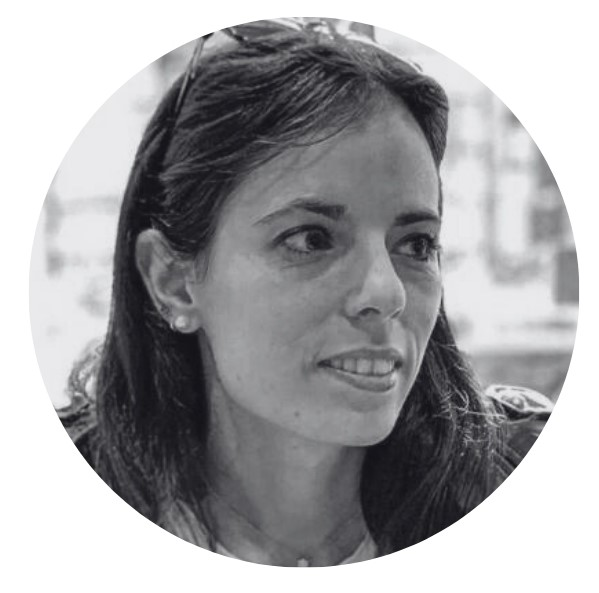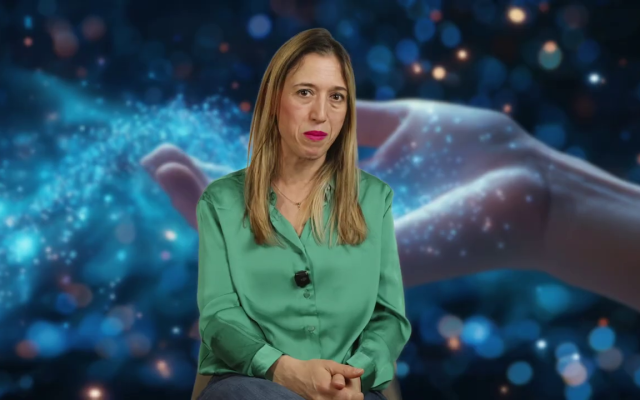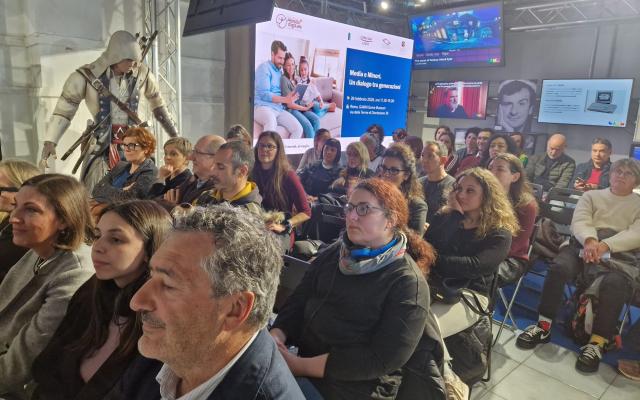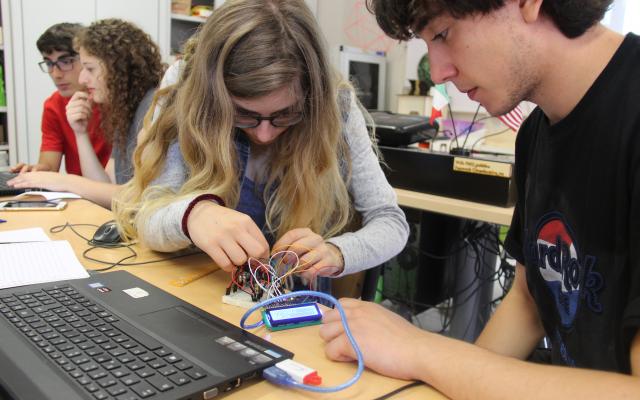The final event of the Mind the Gap project at the Casa dei Diritti in Milan
There is a thread that has united all those involved in the Mind the Gap project - students, teachers, managers, educators, institutions, third sector organisations - and that thread is called passion. Passion for education, for the growth of young people, for a school that is truly for everyone and for all. It is passion that drives us to get involved, to seek new solutions, to build together instead of walking alone. It is the (in)visible engine that has guided our work, as a partnership, over the last three years, transforming a project into a true collective experience of change.
Mind the Gap was a laboratory of collaboration and educational innovation. Coordinated by ActionAid Italia (lead partner), it was carried out together with Fondazione Mondo Digitale, Junior Achievement Italia and Comune di Milano, with the support of the Department for Cohesion Policies and the South of the Presidency of the Council of Ministers and Fondazione Banca Popolare di Milano. The three-year programme, which began in December 2023, involved over 700 girls and boys aged between 11 and 17, and more than 100 adults, including teachers, parents and educators, with the ambitious goal of combating early school leaving and educational poverty in the Municipality 4 of the City of Milan, building strong links between schools and the local area.
During the final Fill the Gap event, held yesterday at the Casa dei Diritti, passion was evident in every speech and every presentation: delegations of school students proudly shared, together with their teachers, the results of three years of workshops and training courses: from video-making to coding, from fablabs to app prototyping and website creation. These projects focused on the imagination, creativity and civic engagement of young people on highly topical issues. Students from the Madre Teresa di Calcutta comprehensive school talked about their work on the theme of inclusion and the promotion of diversity; the delegation from the IC Via De Andreis shared ideas and prototypes for making the school a more beautiful, open and innovative place; while the older students from the Istituto Oriani Mazzini presented, among the projects they had carried out, a website dedicated to raising awareness of gender-based violence, a concrete example of how technology can become a tool for participation, awareness, but also for requesting help.
The event retraced the main stages of the project, giving a voice to the various actors involved, including institutions: among the presentations by the students, the session dedicated to school guidance offered a reflection on the value of accompanying young people in building their own path, with the valuable testimony of Rebecca Crepaldi, a student at Oriani Mazzini, and a speech by Angela Schillaci from the Municipality of Milan (Technical and Methodological Coordination “Giovani Milano” - Youth Promotion Unit DP Youth Promotion and School-Work Transition, Youth and Sport Department) on the model of the Milan City Guidance Network and the importance of working from a systemic perspective, and Annie Pontrandolfo, president of Asnor, with a reflection on the demand for guidance from schools, families and local areas and on the central issue of training teachers to become “guidance counsellors” for young people.
Another key moment was the discussion on Community Education Pacts, led by Maria Sole Piccioli of ActionAid, with contributions from Emanuela Giorgetti, head teacher of IC Calcutta, Matteo Raffaelli, student at IC Calcutta, Roberta Guerini, director of the School and Education Services Department of the Municipality of Milan, and Elisabetta Nigris, full professor at the University of Milan-Bicocca. The discussion emphasised how co-design and active participation are concrete tools for building more cohesive educational communities, where schools become a living part of the local area.



Now that we have reached the end of an intense and shared journey, it is time to take stock. After hearing the valuable testimonies, we can say that the Mind the Gap project has produced tangible and significant results, including the definition of an integrated guidance service, the creation of pathways for the acquisition of technical and transversal skills, and the signing of the Community Education Pact. These achievements represent not only the end of a cycle, but also the opening of new possibilities for collaboration between schools, institutions and citizens. In their conclusions, Deputy Mayor Anna Scavuzzo and Gianluca Bocchinfuso of the Regional Education Office recalled how true innovation arises above all from the meeting of people who believe in the value of education and are guided by passion. Mind the Gap was just that and more: it showed that when this passion is transmitted and becomes collective, it can truly generate valuable alliances and build a future. That's right, this project, in its own small way, has bridged the gap, “Mind the Gap”, in fact.

The story is by Elisabetta Gramatica, project officer




